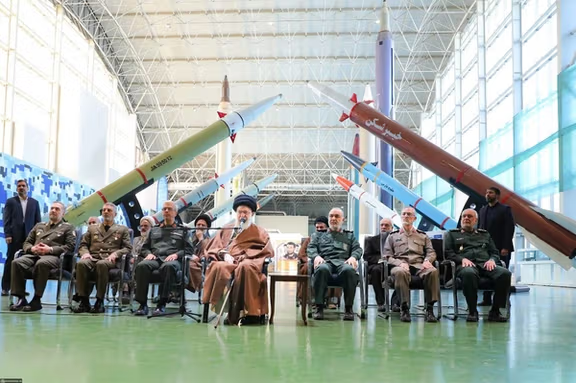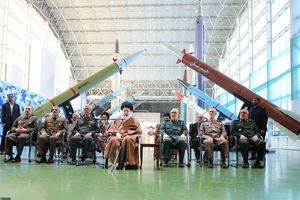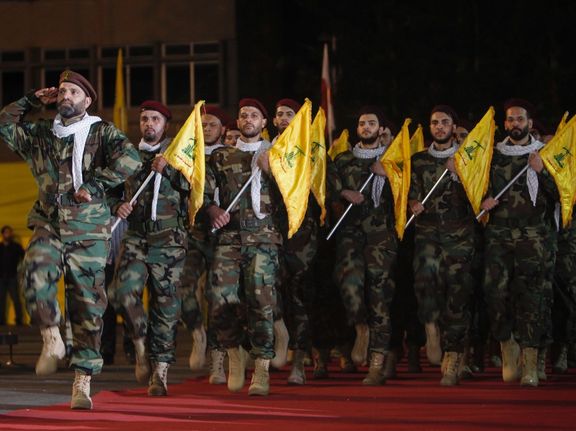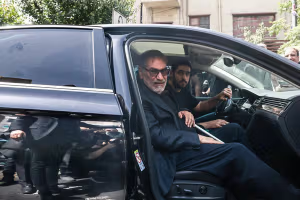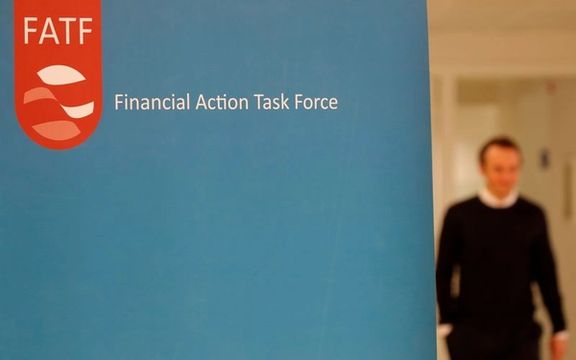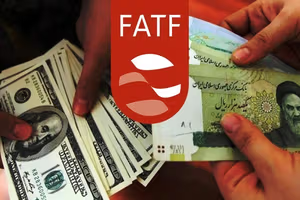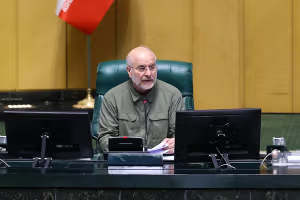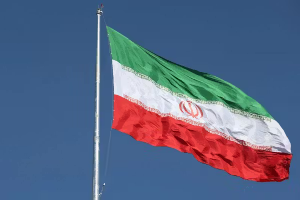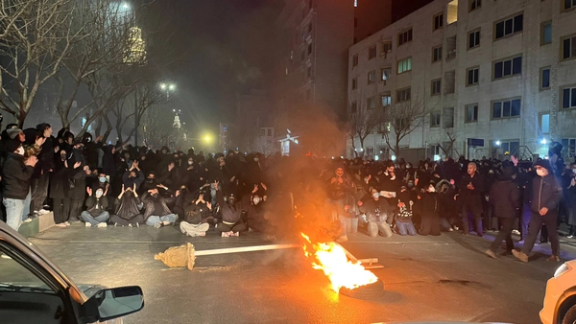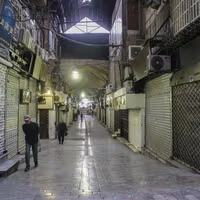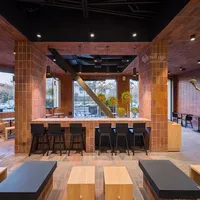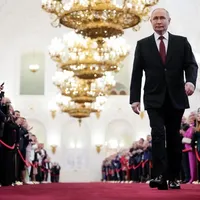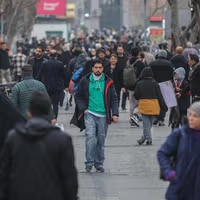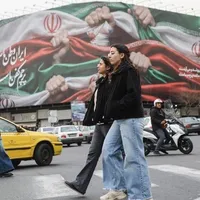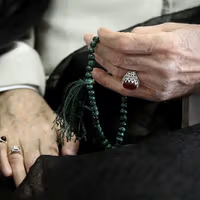In a speech on Monday, Khamenei dismissed any Mideast-wide peace deal, threatened renewed missile attacks and derided Donald Trump—all at a moment when the US president was taking credit for brokering the Gaza ceasefire.
Despite visible fatigue within the political establishment and the military setbacks that followed the June war, 86-year-old Khamenei continues to project defiance. His choice of language suggests a leader who sees few acceptable alternatives.
Even amid widening divisions, those around him seem to recognize that Iran faces two narrow paths—negotiation on terms seen as humiliating, or confrontation whose outcome remains uncertain.
For now, the veteran leader appears inclined toward the latter. Negotiations, in his view, offer neither leverage nor time.
Hardball in Washington
Trump has made clear he would accept nothing short of dismantling Iran’s nuclear program, curbing its missile capabilities, and ending support for armed allies in the region—conditions that Tehran reads as surrender.
The most recent talks, which were cut short by US-Israeli strikes, appear to have convinced the decision-makers in Tehran that diplomacy to buy time may no longer be viable.
Still, for Khamenei and his closest advisers, war may appear the less constraining option—one that carries risks but also the potential for unexpected outcomes that preserve or even strengthen their rule.
One factor shaping this outlook is a belief that Washington and its allies are reluctant to open another front. With strategic focus fixed on China and Russia, the West appears more interested in containing instability than deepening it.
From Tehran’s perspective, that caution could reduce the likelihood of sustained military engagement and therefore make confrontation a manageable gamble.
Diplomacy with predetermined outcomes, in that calculation, holds little appeal.
The succession factor
Since the June ceasefire, speculation about life after Khamenei has become more open.
With power struggles simmering, no faction wishes to inherit leadership while Iran’s confrontation with Israel and the West remains unresolved. Any successor would bear the stigma of defeat.
Some insiders therefore appear willing to let Khamenei shoulder responsibility for the current standoff, expecting that his eventual departure could clear the way for a recalibration of policy.
Events since Hamas’s October 7 attack on Israel have highlighted Iran’s limited capacity to protect its regional allies and assets. Yet Khamenei’s rhetoric continues to emphasize endurance and faith in ultimate victory.
A parallel pattern is evident at home, where intensified repression and executions signal an attempt to assert authority and restore control in the face of uncertainty.
Khamenei’s current stance seems driven less by confidence than by constraint—a conviction that confrontation, though perilous, still allows the system to act rather than be acted upon.
Whether that belief prolongs the system’s survival or deepens its vulnerabilities remains unclear.
For now, Iran’s leadership appears to have chosen uncertainty over surrender—a gamble that may define the final phase of Khamenei’s rule.
